Stationery shop vs. stationary shop
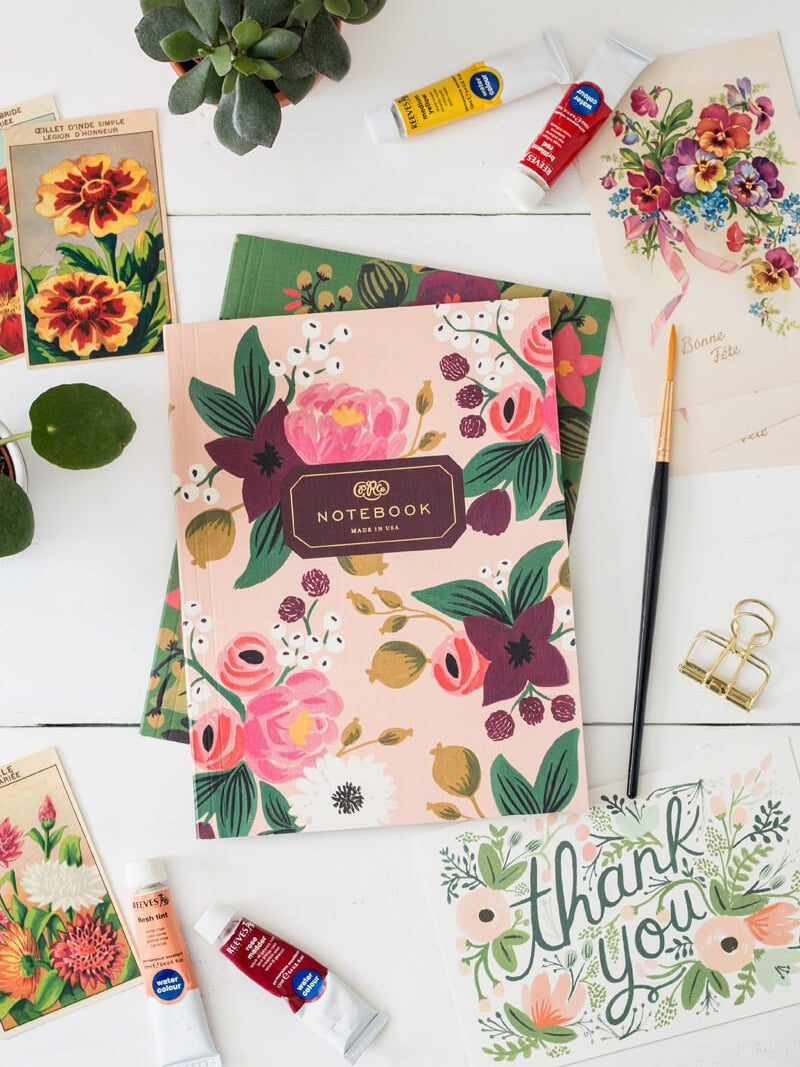
Are you guilty of this common spelling error? My research (using various keyword tools) suggests that over 40% people mix up stationery shop with stationary shop. Here I’m sharing a few easy ways to remember the difference, as well as the story of my own London stationery shop.
Stationery vs. stationary
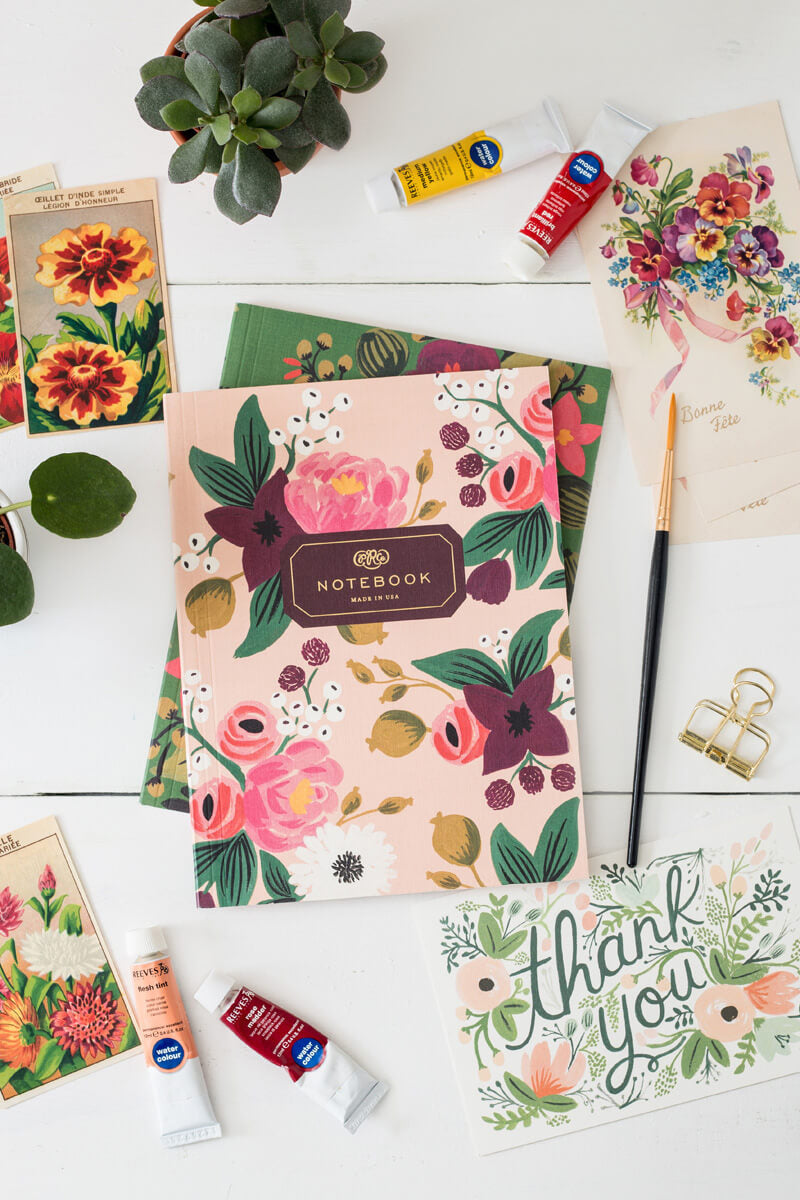
(Note: you can find Rifle Paper Co floral notebooks similar to the above here.)
STATIONERY definition: office supplies and writing equipment.
To spell it correctly every time, remember this:
- ERASER – E is for Eraser and stationery. Think of your favourite childhood stationery essentials (did anyone else have a collection of scented rubbers?) and you’ll remember that stationery, the type you can fit in your pencil case, should be spelled with an E.
- PAPER – alternatively you might want to visualise that pretty writing paper you keep for special occasions, or quirky greetings cards you've stocked up on and remember that paper and stationery are spelled the same!
- It seems that there are a plethora of things stationery to help you out here - you can also remember that LETTERS, written on your favourite stationery, also have an er.
There are no excuses for getting it wrong, right?
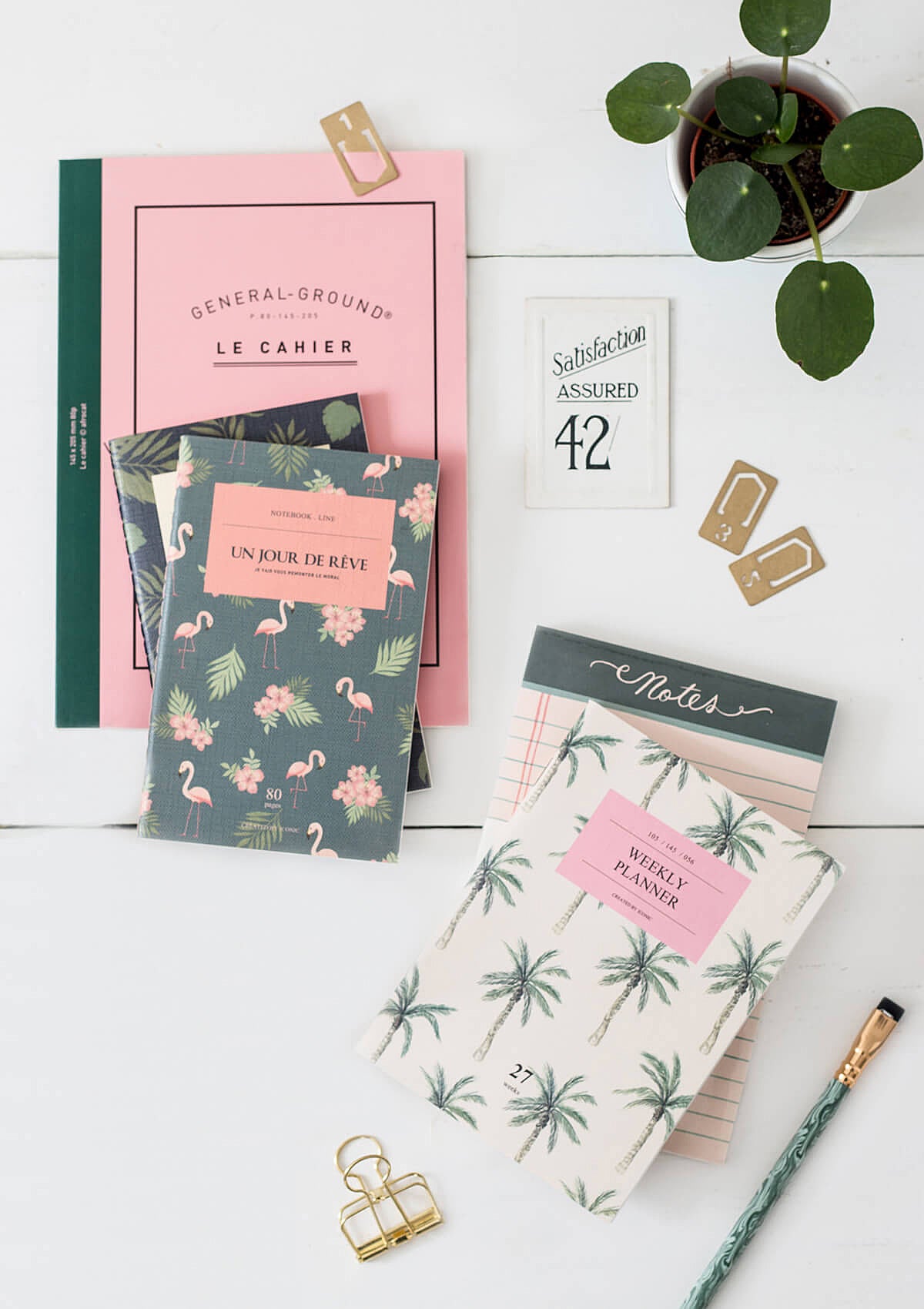
STATIONARY definition: not moving.
I’ve been trying to think of a suitable acronym or illustration for this one though for some reason the only things which come to mind are marching commands such as “About turn” and “At ease” even though both include being on the move….so I’d stick with remembering PapER = StationERy. StAnding still (bit tenuous) is the other! If you have something better to suggest please let me know!
Why did you open a stationery shop?
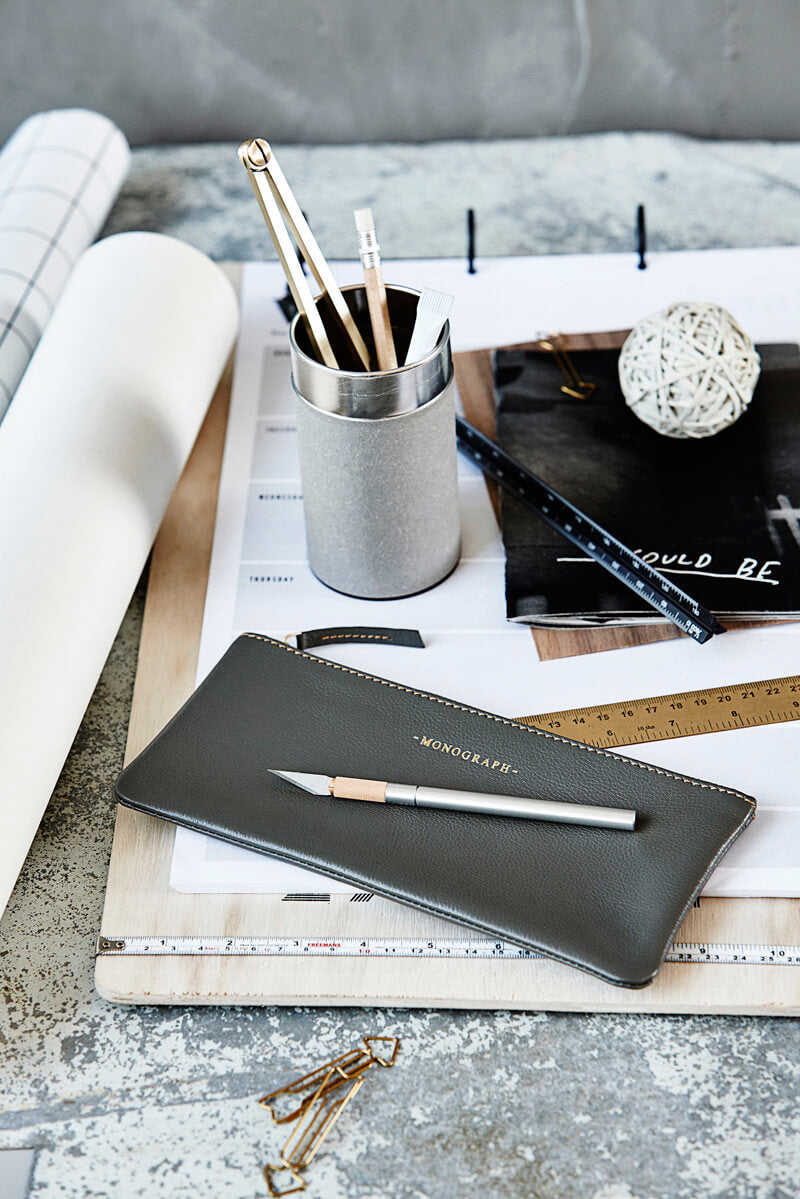
I go to a lot of networking events and I get asked this often, so I’m used to recalling some of the details (you’ll be glad to know I’ll give you the much abbreviated version in person!) But if you’re interested, here’s a little bit more of my not particularly strategic back story…
Although I worked as an accountant previously (which I loved) I wanted to do my own thing as I was bored of working long hours and just wanted more flexibility. I couldn’t easily make evening commitments for most of my twenties and I still warn young graduates about the 'dark years'. I tried in more than one job to reduce my hours to a four day week so I could pursue other interests and it was always a no go. I didn’t resent that but I started to look around at other options. I was never going to be a Finance Director but I loved the projections and I’m also an ideas person so I thought that would be a good combination for running my own business. I’d had many entrepreneurial ideas and money-making schemes as a child so it felt like a natural progression. Back in the day I did a Masters in Museum Studies and although that might not seem particularly relevant I did have some skill in curating a collection and pulling together relevant information. Accountancy used those skills too though!
Originally I wanted to set up a fashion label mainly because I’d had a specific idea (despite having no fashion background or contacts), so I took a brilliant short course on setting up your own fashion label at London College of Fashion. Although the course was excellent, it seemed like the barriers to entry were very high – high costs of fashion shows, for example. I wanted my brand to use fair trade and organic cotton, which at the time was incredibly difficult to source, and as I had no fashion network and needed to start small it was very difficult to find a manufacturer. I didn’t have much savings or anyone to support me with paying my domestic bills so I parked that idea! I recently met Charlotte from Know The Origin – a great ethical brand - who was a student at LCF and backpacked round India for months visiting factories and doing research for her dissertation on sustainable design. She is tenacious and determined and hugely passionate about a transparent supply chain - these are the people who can and deserve to make these things happen!
I would say that although I didn’t have the drive, contacts or money to launch a fashion brand, I did work for a while in a co-working space with businesses who have set up successful sunglasses (think Meghan Markle), sock and shirt brands – none of whom had a design background. I am full of admiration for them and how they pulled it off. Similarly, two friends are (separately) launching their own range of watches later this year. When they’re flying off to Basel and Hong Kong for meetings I’m hugely impressed. Any idea where you find a watch designer? Me neither. I've still not seen my original idea replicated but I still have no idea how I'd even start!
Of course there are huge risks and costs involved (fashion PR for example is super expensive), as well as the difficulty of seasonality - but I think there’s a much bigger slice of the population who’ll rush out and buy sunglasses because they’ve seen them in a magazine, on a celebrity, or on Instagram, rather than a notebook! I have at least 4 pairs of shoes I bought on a whim because I saw them on Instagram. If you are a person who’d make a rash purchase of stationery after seeing it online, I think we need to become acquainted! The higher price points and greater margin on manufacturing your own products make these fashion brands a potentially much more lucrative business.

Anyway I abandoned that idea, but I still wanted to set up my own business. Not long afterwards, in 2008, I took a career break and spent 3 months living the dream in New York’s West Village. I wanted to experience New York living like a local, so I spent a lot of time pretending to be working on my laptop in various coffee shops. This time was my first introduction to American design blogs such as Design is Mine, Design Sponge, and Oh Joy. My favourite was Creature Comforts, and through Ez’s curation I discovered many now ubiquitous items such as striped paper straws (hard to imagine those were once a NEW.BIG.THING), washi tape, letterpress stationery, and not that long afterwards – a new Florida-based stationery brand, Rifle Paper Co. I hadn’t seen any of these items I loved in the UK. This was a time when I really discovered the talents of independent designers (Etsy was also new to me) and so I decided to set up a stationery shop, mainly to bring many of these US brands and trends to the UK.
At the time there weren’t many online shops, and the only other stationery shop I knew of had a well-deserved niche so I didn’t even think of them as competition. I did very little other research, spent £2,500 on a website and on my first stock; American letterpress stationery, cute Korean stationery and metallic notebooks from Oh Joy. While I had been living in New York, I had started a UK-based design blog, Tea for Joy, which had a good readership because there weren’t many similar blogs at the time. So about a year after my sabbatical, I launched my shop, promoted it through my blog, and off I went!
Would you like to have a stationary shop?
The only type of stationary shop is a bricks-and-mortar shop (in that it is not on the move) and whether this is something I'm considering is also a question I’m asked often. The easy answer to that is NO! You won’t find Papermash on your local high street any time soon, and here's a few reasons why:
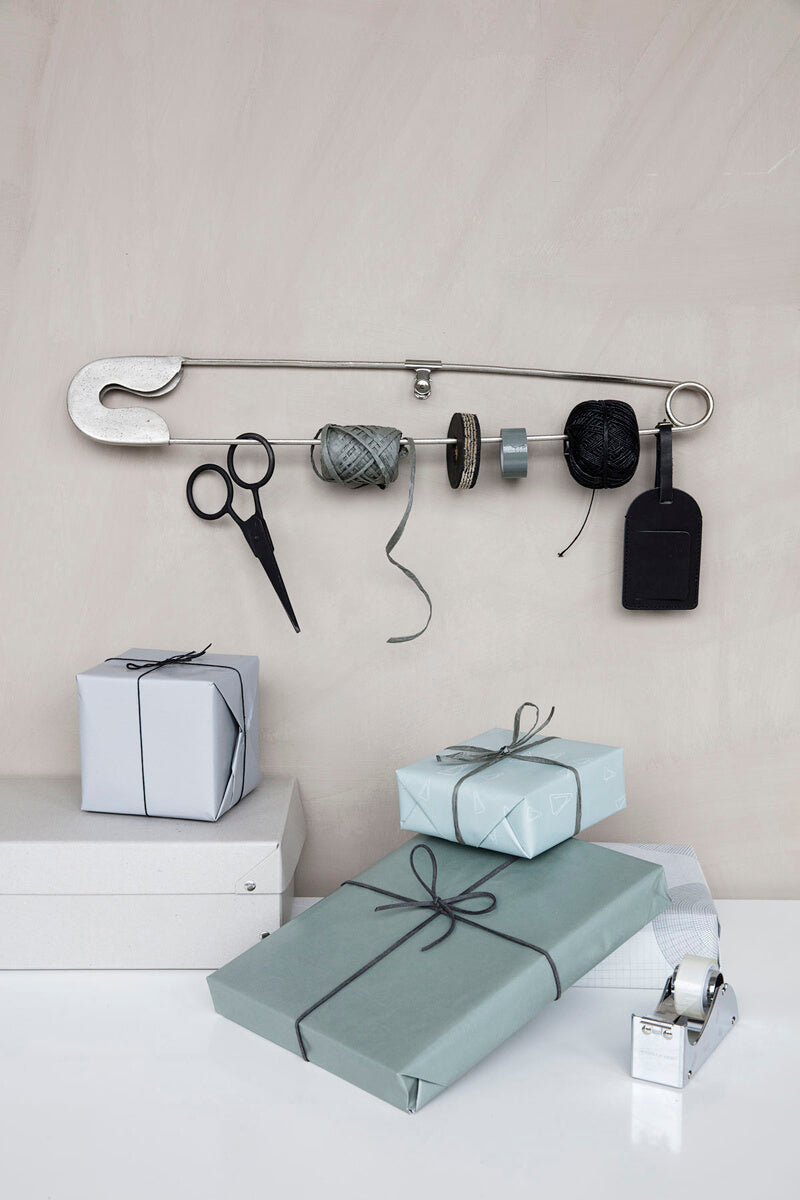
PERSONALITY
I went to a marketing talk a while ago which mentioned that the type of marketing activities you enjoy as a business owner depend on your personality. Extroverts like sponsorships, pop-up shops, fairs and workshops whereas introverts are more comfortable with online marketing, blogging, Google Adwords etc. As a definite introvert, I’ve no problem saying I’m more comfortable with the latter – I’d rather work behind the screen. I’ve had many shop jobs in my life so I could do it but given the choice, I’d rather invest my time in online activities and strategies. I can be quite sociable and enjoy networking. But standing in a shop all day? Not for me, not for now.
FINANCES
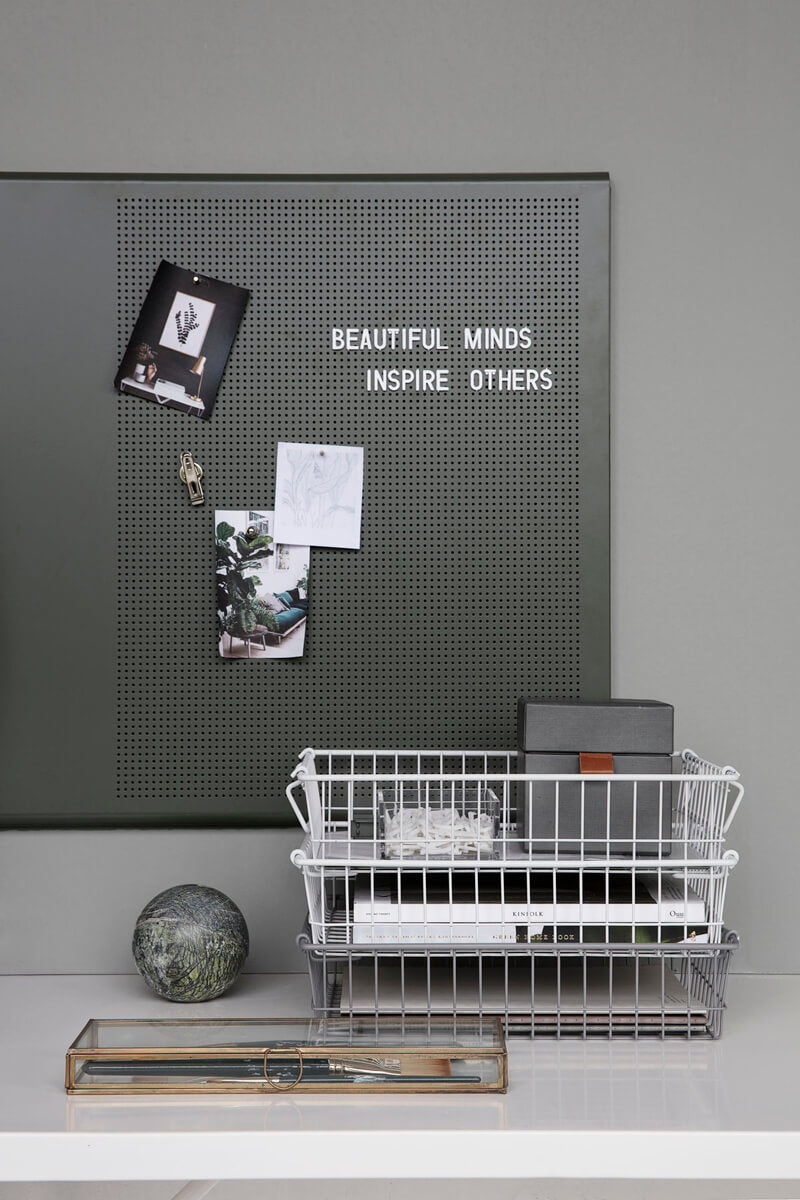
If I don’t want to play shopkeeper all the livelong day, then I’d have to pay someone else to do it – that, combined with rent, rates and overheads – and the commitment of a lease - means there is quite a lot of financial risk involved. Of course, I wouldn't take on a shop without projecting that additional sales would cover the extra costs - but really, who knows, and for how long? A local independent gift shop recently went out of business, I think partly because a well-known stationery chain with great lines opened right across the street. The footfall in my local Cafe Nero has massively decreased since a massive Costa with a shiny shopfit opened directly opposite.
There’s a small chance that someday if I find a studio (which I already cover the cost of) with a shop front for not a huge incremental cost I might look into it - but the cost of London’s commercial property makes that unlikely to be in London.
Of course having a shop can work, for some businesses, even those with low price-point items. Near to where I live there is a busy card shop with a great selection of stock. I’ve spoken to the owner who told me that they sell 1,000 cards per day (1000!) and that the rent isn’t too expensive because it’s one of those tiny spaces which couldn’t have too many other retail uses. Even a larger shop space can help cover its overheads and raise its profile by running in-store workshops.
When I go to trade fairs such as Top Drawer I always see lots of lovely cards from designers I’d like to support but won’t stock online because I don’t think that many people (including myself) go online to buy cards, so curating a physical shop collection would be something I’d enjoy. There are some lovely things in my shop that I think would sell much better in real life!
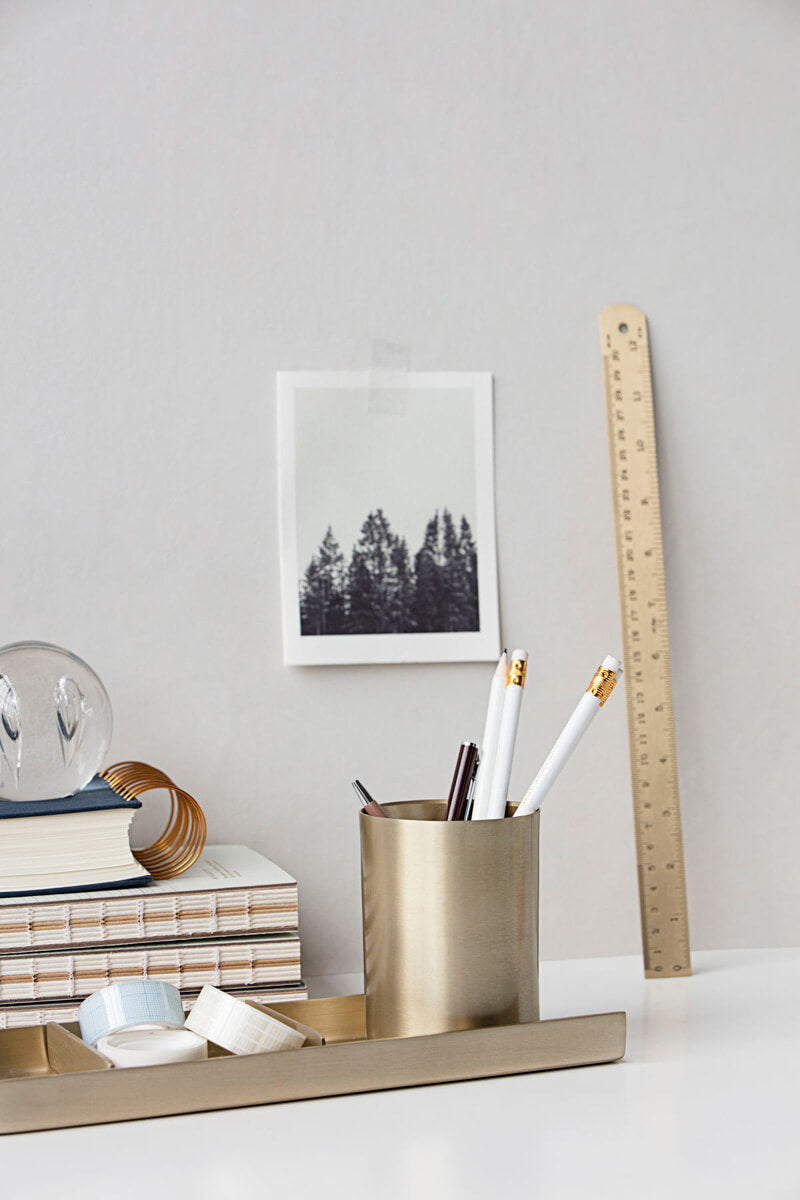
However, at this point (after nearly 10 years in business) – if in the unlikely scenario I find myself with money in the bank and nothing to do with it – I’m much more likely to invest in another business than expand into a bricks and mortar shop. I might just fancy diversifying, because doesn't that make life more interesting, and I think a lot of e-commerce skills and experience is transferable. Haven’t you known design-based businesses which have closed down just because they’ve gotten a bit bored of doing the same thing? I know one person who’s retraining in healthcare. Another friend took a full-time job because she wants to get a mortgage – to her surprise she’s loved how a regular paycheque has eliminated a lot of stress and this has allowed her to be more creative in her freelance work at weekends. I still have lots of ideas for Papermash but expanding (at a great cost) to do more of the same is probably not a direction I want to go in.
I’m part of an entrepreneur’s network with regular fundraising pitching events. I find them a bit frustrating because there is so much emphasis on raising hundreds of thousands of pounds, as if this is the holy grail or an indicator of having a successful business. If you've big expansion plans which require a lot of funds, are happy to give away a share of your business, or sell the business in a few years - because the venture capitalist will make you - then of course that's the way to go. But there's a lack of acknowledgement that for some people, staying small, paying yourself enough of a salary and paying your taxes is still a happy and honourable way to live your life!
Nevertheless, some of the businesses their founders are pitching for are inspiring, in areas I would never have thought of - lots are a better idea than mine, some have great potential and some are already performing well in their first year of trading.
Unless you produce your own lines (I'm not ruling that out), the margins on retail are not great, especially when competitors (including Amazon and Ebay) are selling the same low-value items. My friend who’s launching a mid-price watch brand also sells second hand watches on Ebay and sometimes makes more profit in one sale than I might make in a week! Why not find something with a better return on investment?
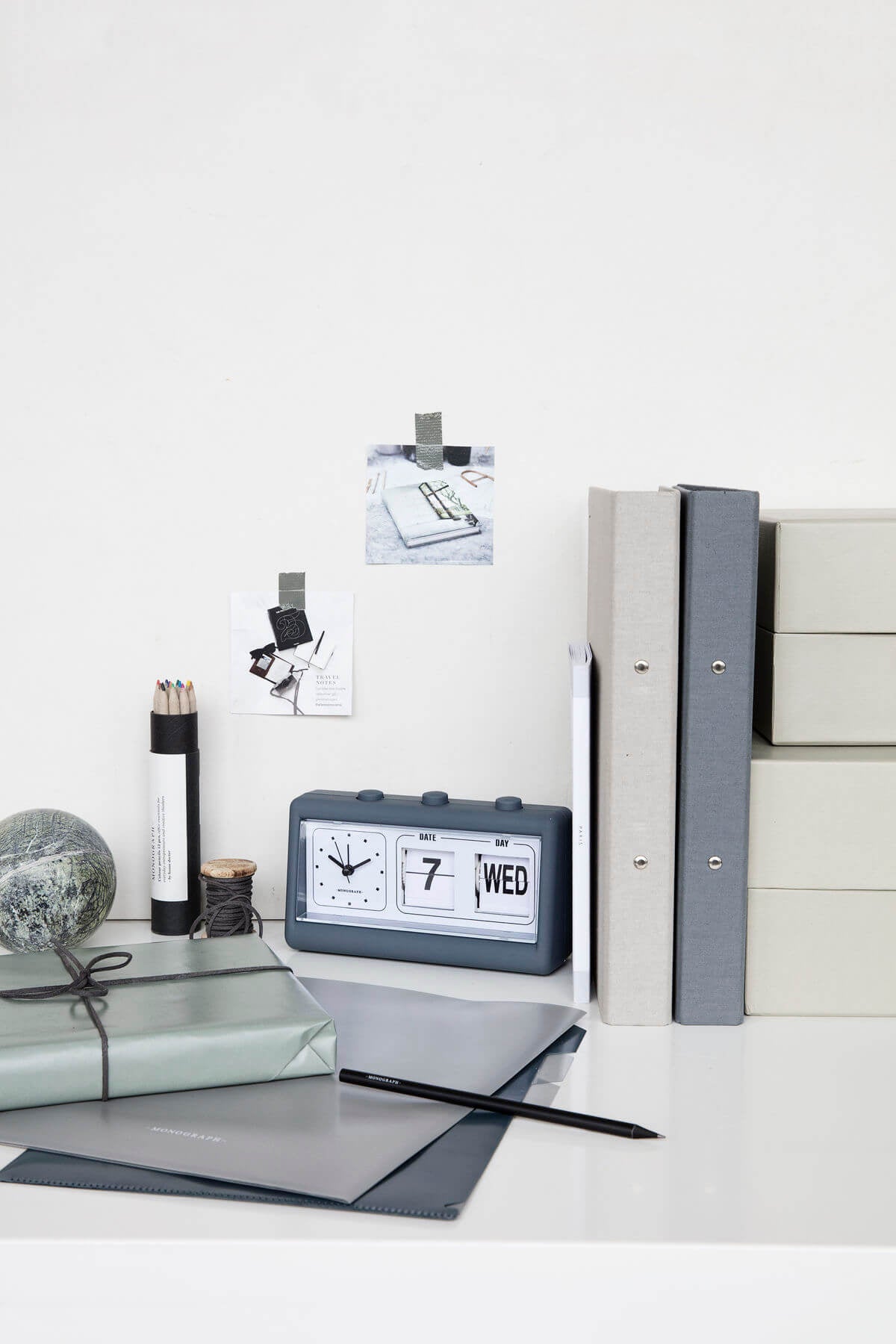
FLEXIBILITY
While I work hard with my little team and definitely work full-time hours – the main reason I don’t want to have a shop is that I love the ability to work flexibly. It’s why I set up my business in the first place. It was the major trade-off for giving up a career I actually enjoyed, with talented colleagues and challenging work. Usually I have the opportunity to work back in my professional job for a few weeks a year and I’d rather do that to make some extra money than be restricted to standing in a shop at weekends. I go away for long weekends quite often but don’t mind working evenings and other weekends to catch up. I often exercise during the day and have some voluntary commitments which all happen in daytime hours.
Recently I’ve even been thinking of finding a part-time job a few days a week in a completely different area to keep things fresh. I do miss getting dressed up for work and think it might be good to have some routine. Of course you could say I’d find the same routine and could smarten up my appearance if I opened a shop but I’d like to use my brain in a different way. I’m interested in lots of different things apart from design and a lot of shopkeeping is repetitive admin. I do believe that it’s hard to expand a business unless you are working on it full-time but working just a few days a week would allow me to outsource more jobs so that I could concentrate on shop tasks I enjoy most (that’s styling not shopkeeping!) The freelancers I already work with are reliable but most are still establishing their careers and I like to encourage them on their journey too and to give them work if I can.
I’d love to know what you think:
- Have you taken a big risk to expand your business which has paid off?
- Have you stayed small by choice and are happy with it?
- Have you given up self-employment or closed down a product-based brand and are happier (or not) for it?
- Or anything else you’d like to add or you'd like to see discussed in a future blog article!